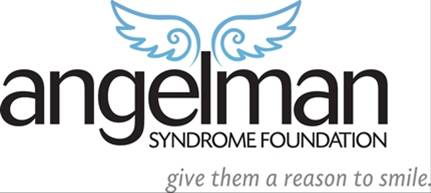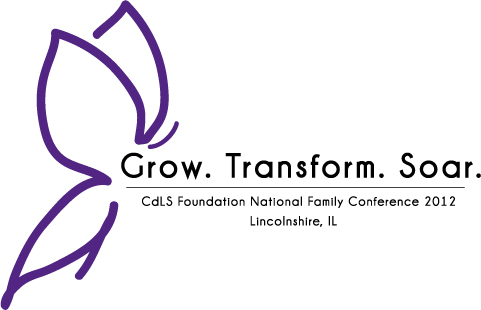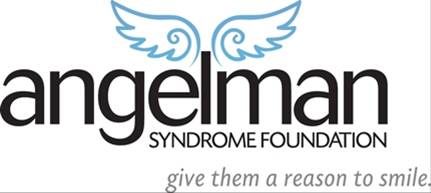As of August 1st, 2012 the University of Chicago Genetic Services fax number will be 773-702-9130. The current fax number of 312-729-2808 will be discontinued. Please update your records with this new information.
Meet the team - Soma Das, Ph.D
Starting in this month's newsletter we will be taking a closer look at the various team members that comprise the University of Chicago Genetic Services. First up is Soma Das, Ph.D., Professor and Director of the DNA Diagnostic laboratory. Dr. Das received her B.Sc.
Mutations in the DNA repair enzyme polynucleotide kinase 3’-phosphatase lead to both microcephaly and seizures without other obvious DNA repair phenotypes.
Intellectual disability and global developmental delay are particularly challenging genetic diagnostic challenges because of the presumed myriad of causes. Microcephaly is a common finding in patients with intellectual disability. Microcephaly vera is a rare cause of
New Next Generation Sequencing Panels For Microcephaly and Early Infantile Epileptic Encephalopathy
The University of Chicago Genetic Services Introduces our Microcephaly and Early Infantile Epileptic Encephalopathy Panels by Next Generation Sequencing.
Starting July 16, we are offering two new panels:
Weaver syndrome - another overgrowth disorder due to defects in histone modification
The genetic basis for Weaver syndrome recently has been identified (Tatton-Brown et al., Oncotarget, 2011, 2:1127-1133 and Gibson et al., Am. J. Hum. Genet.
Getting a Diagnosis: One family's journey
Anne Mitchell sensed something was not quite right when the fetus in her first pregnancy did not move as she had been told to expect. When her son Michael was born, he was extremely hypotonic and weak, requiring immediate intubation and a trip to the NICU. Without an
The Creation of the Pitt Hopkins Syndrome Support Group
The University of Chicago provides testing of the TCF4 gene for Pitt Hopkins syndrome.
Upcoming Conference
Come visit us in the exhibitor hall at the 2012 American College of Medical Genetics Annual Clinical Meeting in Charlotte, NC
March 28-30, Charlotte Convention Center, Booth 413
Detection of exonic copy-number changes in genes associated with rare neurodevelopmental disorders using an oligonucleotide-based comparative genomic hybridization-array method
Copy number variations (CNVs) have been well documented to contribute significantly to some genetic disorders; however their frequency is currently not well established in many rare conditions.
Possible Mutation in the Microcephaly Gene, CENPJ, in a Patient with Seckel-like Phenotype
Autosomal recessive primary microcephaly (MCPH) is characterized by congenital microcephaly and mental retardation (MR) with no other neurological findings. Mutations in the ASPM gene are the most common etiology of MCPH, causing approximately 40% of cases with a strict diag
Identification of the Molecular Basis of an Autosomal Recessive Disorder Characterized by Juvenile-onset Epilepsy, Cognitive Decline, Retinitis Pigmentosa and Ataxia in a Consanguineous Pakistani Family by Genetic Linkage and Whole Genome Sequencing
We report a unique neurodegenerative disorder characterized by early-onset epilepsy, ataxia, progressive cognitive decline and retinitis pigmentosa (RP) in a highly consanguineous family of Pakistani origin.
Pierre Robin sequence and cleft palate in a patient with 4q21 microdeletion syndrome: a new and previous unreported physical finding.
The burgeoning utility of microarray-based comparative genomic hybridization has led to the characterization of a novel 4q21 microdeletion syndrome. The literature to date reports several major features common to patients with 4q21 microdeletion syndrome including neonatal muscul
Caudal appendage and limb abnormalities are a recurring pair of birth defects
Human tails are rare congenital anomalies typically noted in otherwise normal infants. We present a two-day-old male born by vaginal delivery at full term to a 25-year-old G3P2 mother. Both parents were of non-consanguineous, Hispanic ancestry.
Integrating Basic Sciences with Clinical Cases
Medical education has progressively moved towards curricula that feature concept-based courses, decreased lecture time, discipline integration, and increased small-groups with active learning.
Oral-Facial-Digital Syndrome, Type 1
Oral-facial-digital syndrome type I (OFDSI) is a multiple anomaly syndrome inherited as an X-linked dominant trait. OFDS1 is caused by defects in the OFD1 gene, which maps to Xp22.2. Almost all affected individuals are female, since the condition is almost always prenatally lethal in m
The Creation of MowatWilson.org
The University of Chicago provides testing of the ZEB2 gene for Mowat-Wilson syndrome. MowatWilson.org is an organization established by one family to help others with this diagnosis. Here is an article by their founders, Dave and Deby Curry, th




